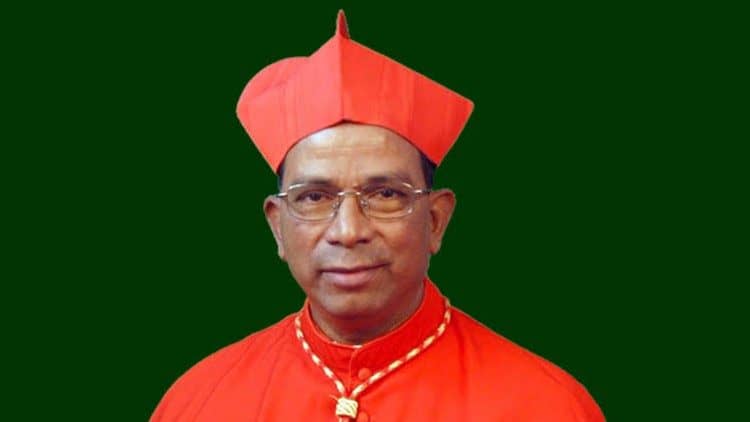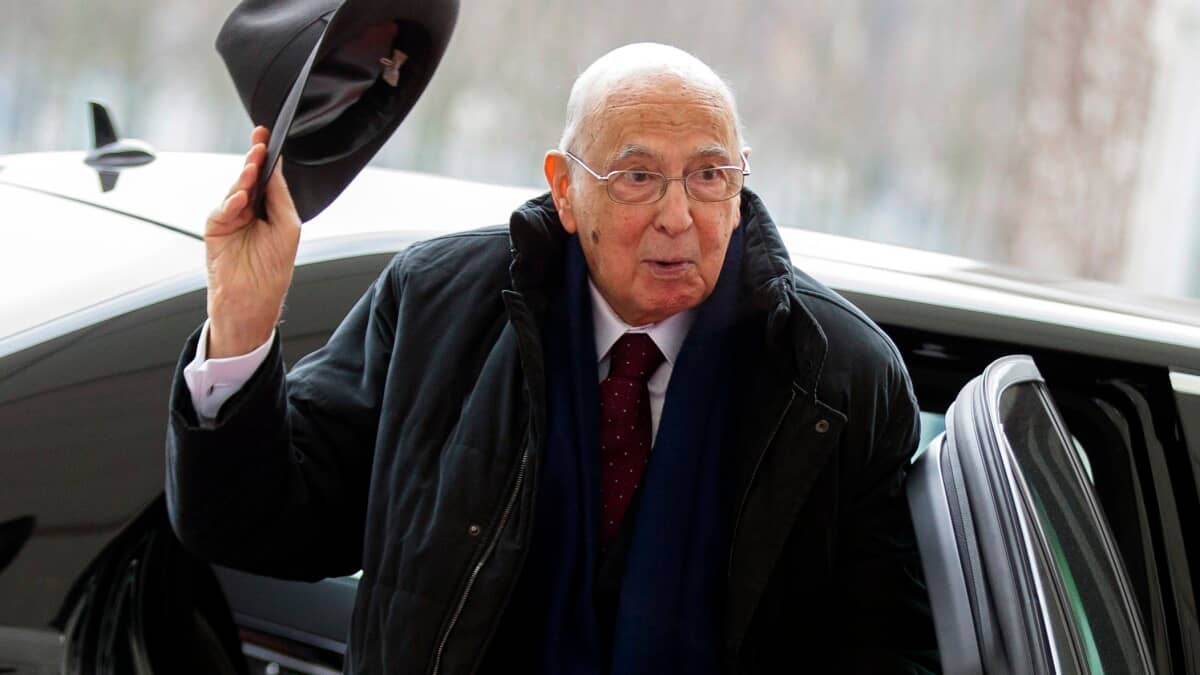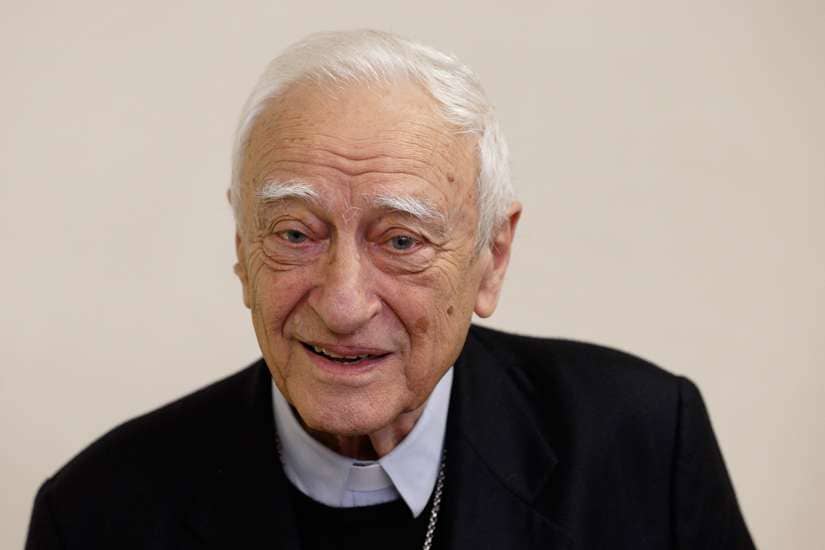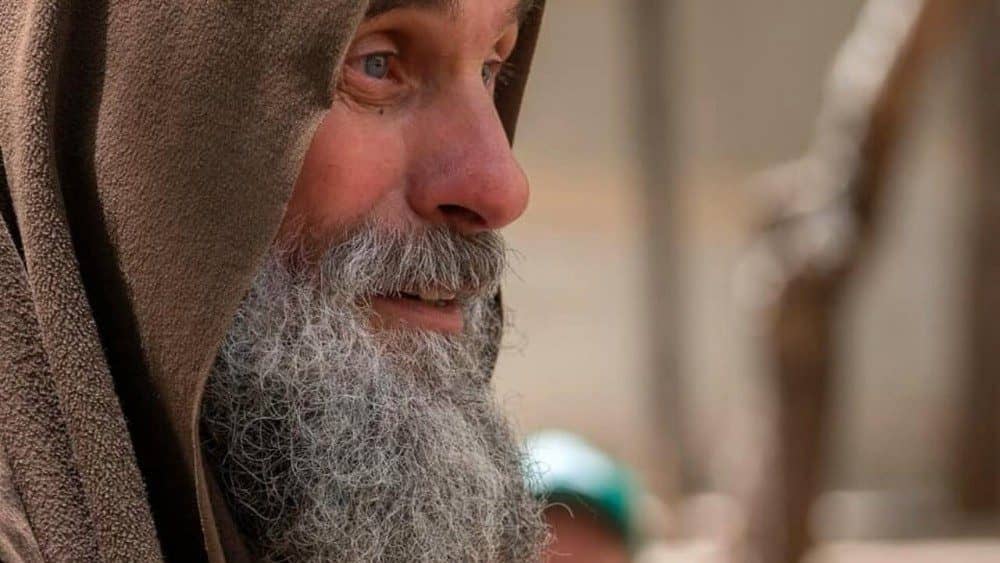ROME – French Cardinal Jean-Louis Tauran, a key figure both in Vatican diplomacy and inter-religious dialogue, died Thursday at 75 while in Hartford, Connecticut, undergoing treatment for Parkinson’s disease.
At the time of his death, Tauran was the cardinal camerlengo, meaning the figure who would preside over the Vatican during a papal interregnum. On March 13, 2013, it was Tauran who announced the name of Jorge Mario Bergoglio from the central loggia of St. Peter’s Basilica as the newly elected Pope Francis.
Tauran was born in 1943 in Bordeaux, France, where he would later serve as a parochial vicar after his ordination to the priesthood in 1969. In 1973 Tauran came to Rome to study canon law, where the young priest’s intelligence, command of languages and easy personal style earned him a spot in the Vatican’s diplomatic corps.
After stints in the Dominican Republic, Haiti and Lebanon, Tauran was brought back to Rome in 1989 as the Vatican’s under-secretary for relations with states, and a year later he was tapped by St. Pope John Paul II for the secretary’s role. Tauran would hold the post until November 2003, when he became the Vatican’s archivist.
Today, many observers regard those years as an apogee of recent Vatican diplomacy, a time when the Vatican deployed its moral and political influence on the global stage in truly relevant fashion. That’s not to say these efforts were an unmixed success; early in Tauran’s tenure, French President François Mitterand blamed the Vatican’s hasty recognition of Croatia and Slovenia for triggering a war in the Balkans, and at the very end of Tauran’s run the Vatican failed to persuade the Bush administration not to invade Iraq.
Generally more comfortable behind the scenes, Tauran nevertheless played a highly public role in the run-up to the U.S.-led invasion of Iraq in 2003, when he became the public face and voice of John Paul II’s moral opposition to that conflict.
During that period, Tauran insisted that the prospective invasion violated international law, claiming that “a unilateral war of aggression would constitute a crime against peace and against the Geneva Conventions.”
Perhaps his best-known soundbite was that the situation in Iraq posed a choice between “the force of law and the law of force,” clearly suggesting that the United States had embraced the latter.
Privately, many American conservatives groused that Tauran reflected the usual French anti-Americanism, and celebrated in October 2003 when he was replaced with Italian Archbishop Giovanni Lajolo.
One month later, Tauran was named the archivist. Some observers took the move as a demotion, but in reality it was motivated by the fact that thirteen years in a highly demanding job had taken a heavy toll, and he was beginning to show the effects of Parkinson’s disease. Conventional wisdom at the time held that his career effectively was over.
Defying F. Scott Fitzgerald’s famous dictum about “no second acts,” however, Tauran was named President of the Pontifical Council for Interreligious Dialogue and the Commission for Religious Relations with Muslims in 2007, after his disease had stabilized and he showed he was capable of taking on additional responsibility.
As head of the council, Tauran invested considerable energy in Catholic/Muslim relations, often stressing political questions such as religious freedom more than strictly theological matters, and forging ties with governments and statesmen as much as clerics and religious institutions. Not only did that reflect his diplomatic background, but it was perfectly consistent with Pope emeritus Benedict XVI’s preference for “inter-cultural,” as opposed to “inter-religious,” dialogue.
In 2008, Tauran publicly thanked Muslims for bringing God back into public debates in Europe, anticipating Benedict XVI’s “Alliance of Civilizations” speech in Jordan in 2009 in which the pontiff argued that Muslims and Christians are natural allies in the struggle against radical secularism.
Nevertheless, Tauran could also be tough in his analysis of Islam. In a session with reporters in March 2008, Tauran said that the then-Archbishop of Canterbury, Rowan Williams, had been “mistaken and naïve” for saying that recognition of some aspects of Shariah law in the United Kingdom was “inevitable.”
On a personal level, Tauran was seen as an unpretentious personality with a wry sense of humor, and a wide network of friends. Those friendships were surprisingly ecumenical; for instance, he was close to Anglican luminaries such as John Andrew and Roger Greenacre, and he was known to use an Anglican breviary for his private prayer.
Through his later years, Tauran struggled to balance a demanding workload with the reality of his fragile health. In April 2012, for instance, Tauran collapsed during the Vatican’s Easter Sunday Mass and had to be escorted from the altar.
Though Tauran’s positions could be controversial, he was an almost universally liked figure in Rome for his gentle style, wry sense of humor, and deep culture; among other things, he was an accomplished pianist and organ player. With his death, the number of cardinals under 80 and thus eligible to vote for the next pope falls to 124.
















